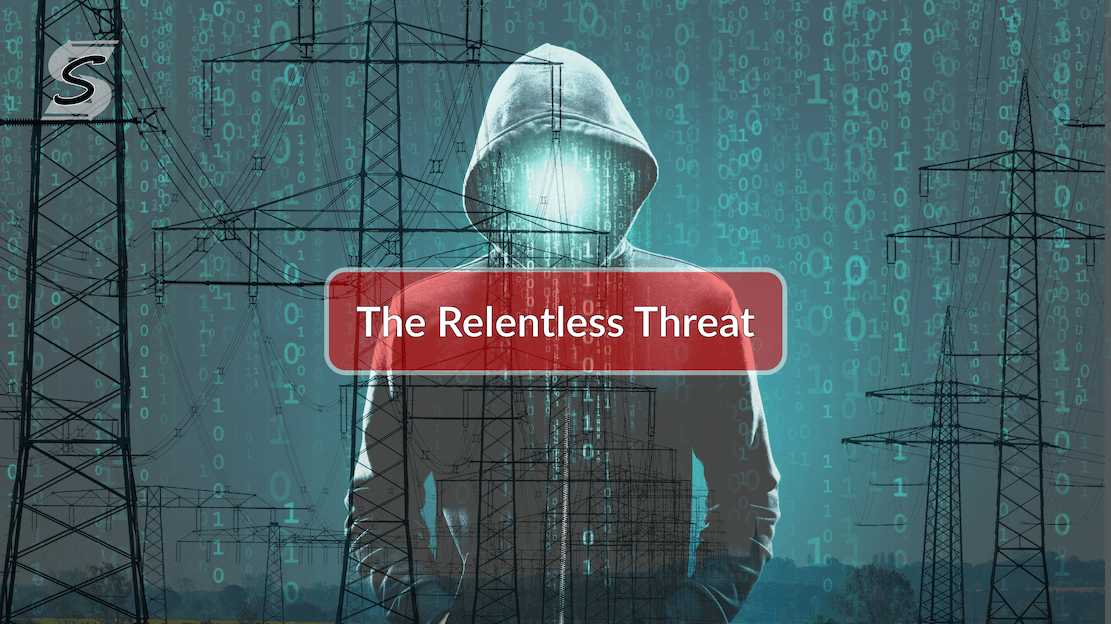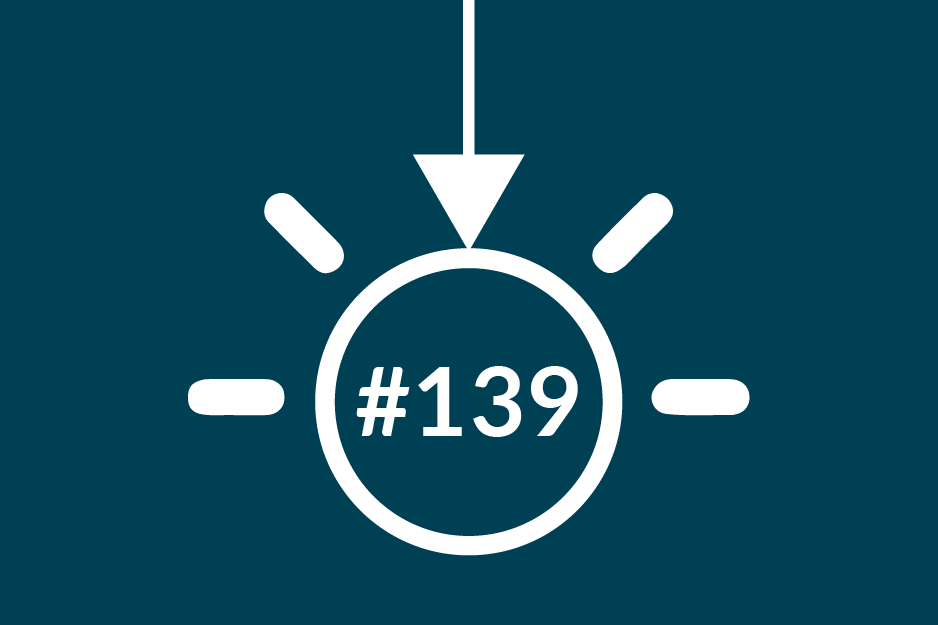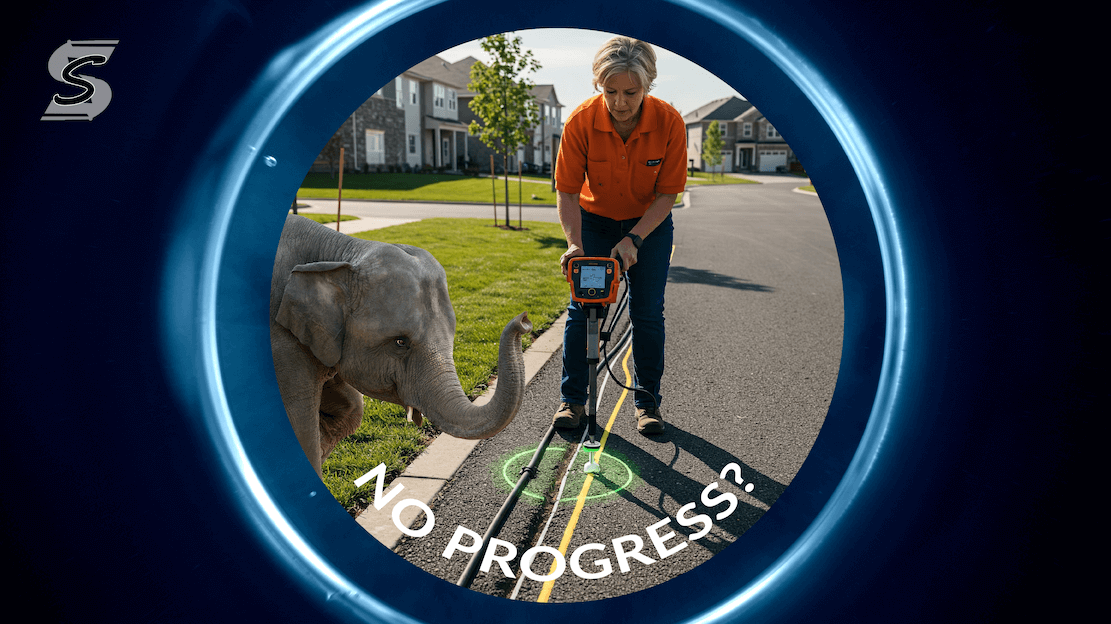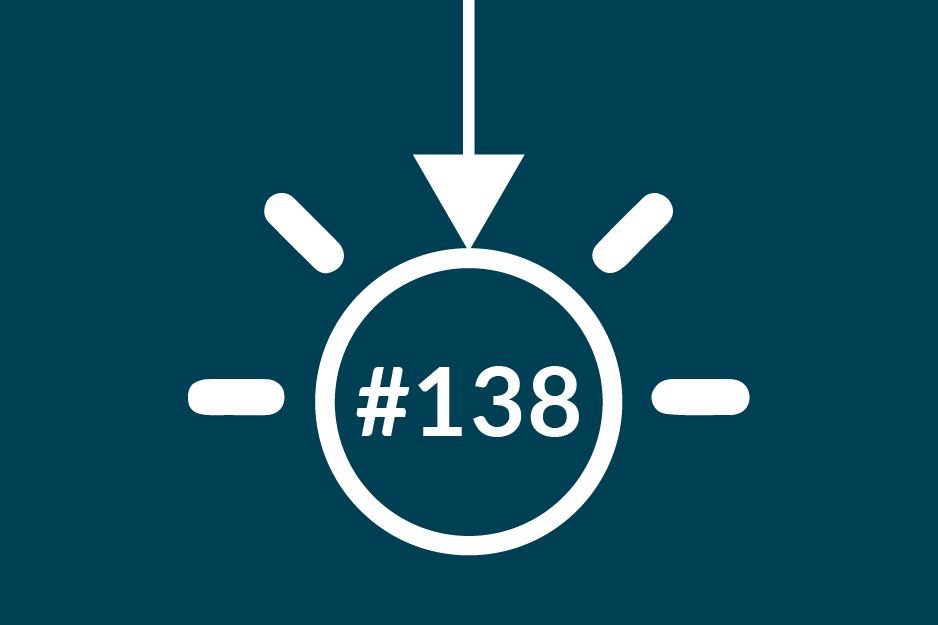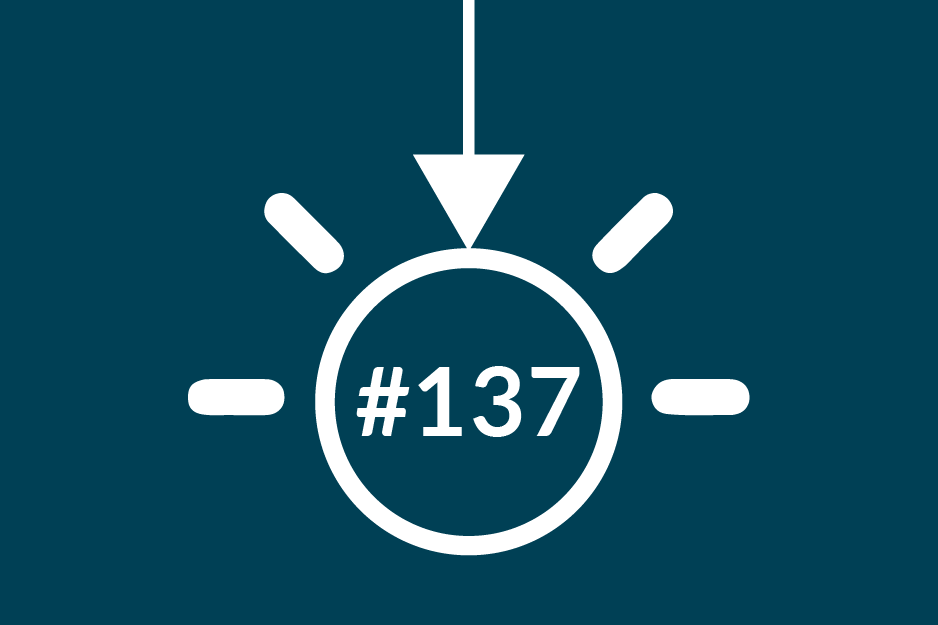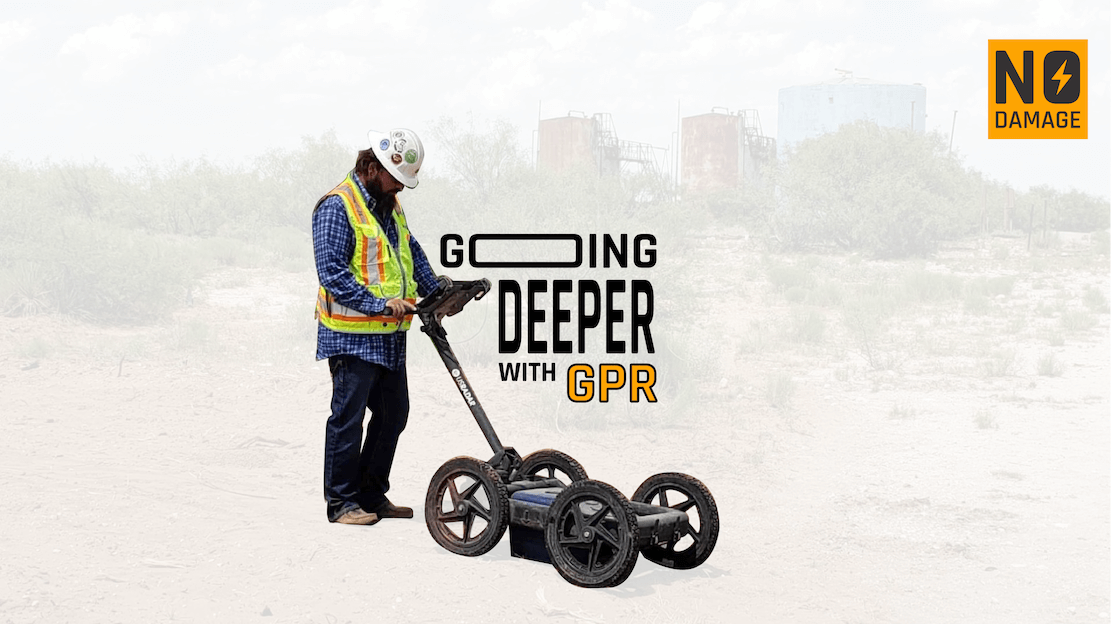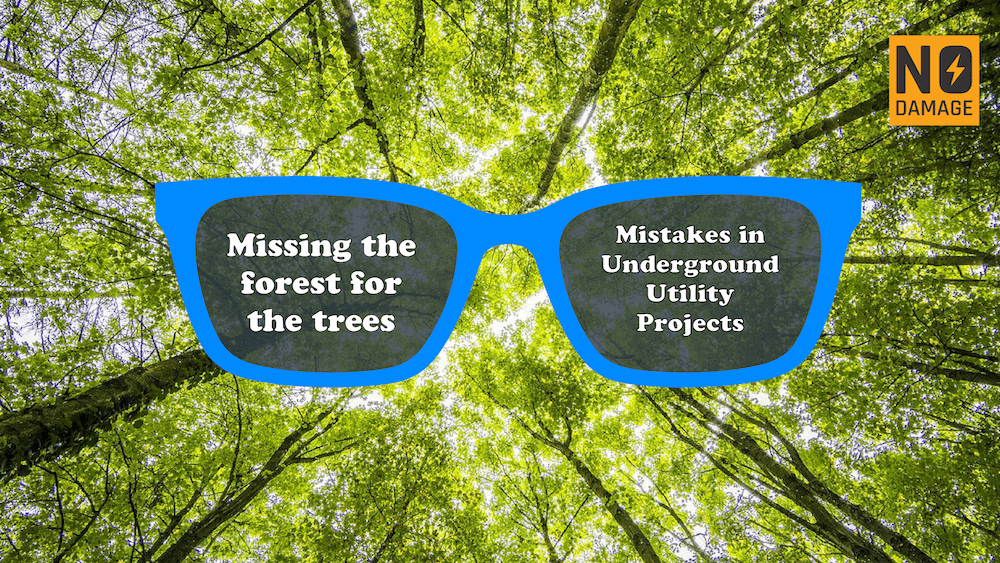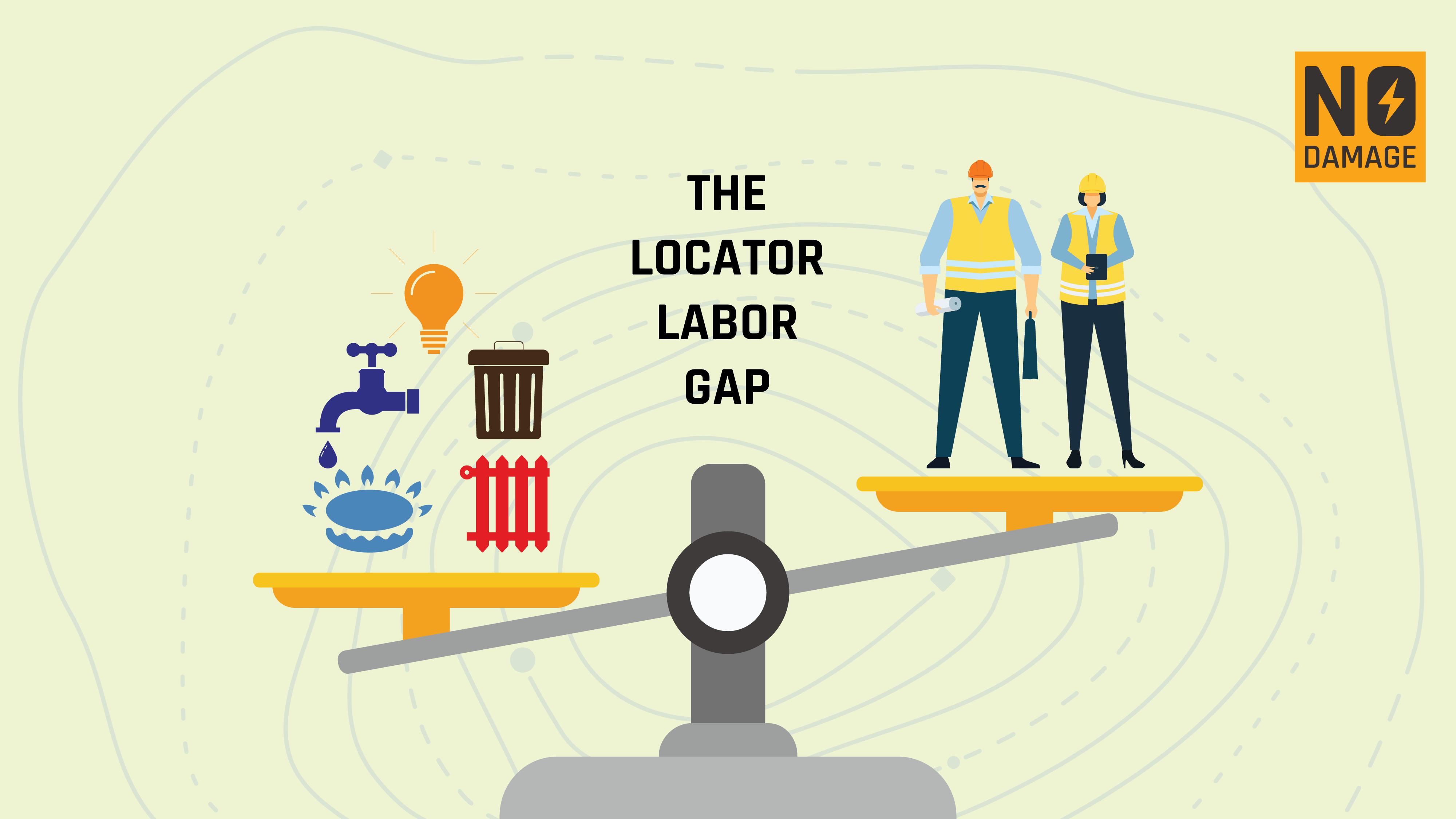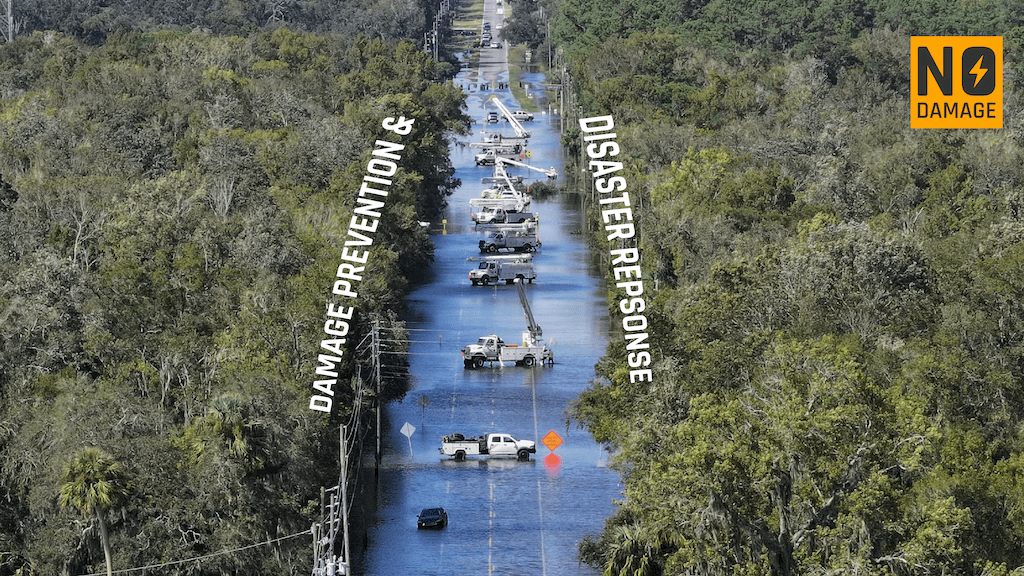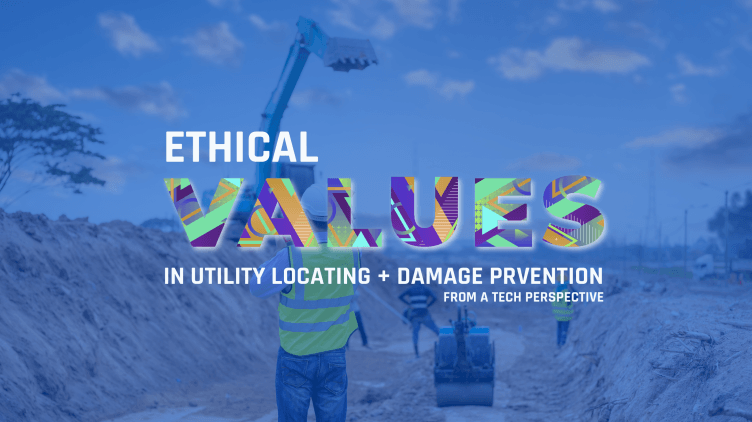
As we harness the power AI and emerging tech, it becomes crucial to navigate the ethical dilemmas surrounding privacy, responsible data management, and community engagement. Today I'm not going to talk about ESG but instead how ethics actually I'm going to delve into the decisions we make within this industry and shed light on the path forward in utility locating and damage prevention.
Respecting Privacy Boundaries
In our pursuit of more accurate and efficient utility locating, privacy often finds itself at a crossroads. Striking a balance between accurate data acquisition and privacy preservation requires transparent communication, consent, and adherence to established legal norms. I do think that this is used too often as an excuse not to update practices or adopt certain technologies. For example some utility owners complain that they don't want to share mapping because it risks critical infrastructure. The is patently false, and the reason we know the, is because all the major gas companies share their pipelines on the National Pipeline Mapping System (NPMS) Public Viewer.
Responsible Data Management
The influx of data through AI, Ticket Management Systems and GIS introduces the ethical responsibility of data stewardship. The vast amount of information gathered during utility locating can be valuable for decision-making but also poses a risk if not handled responsibly. Safeguarding this data from breaches, ensuring its accuracy, and using it solely for its intended purpose are paramount. Implementing robust data management practices and stringent security measures guarantees the ethical use of the insights garnered through utility locating processes. Ninad Jagtap wrote a great article on why utilities should take Data Governance seriously. Here was his conclusion: "...data governance is a shared responsibility of everyone in an organisation. Per the best practice, the respective business department is responsible for the data, and the IT team is responsible for delivering the automation and implementing the required rules, procedures and standards."
Community Engagement and Empowerment
While technology empowers utility locating and damage prevention, it's crucial not to overlook the vital role of community engagement. The communities affected by utility locating have a stake in the process and should be empowered with information. Ethical utility locating involves open communication, transparency about the methods employed, and opportunities for community input. Engaging communities fosters a sense of ownership, ensures mutual understanding, and contributes to an ethical approach that benefits all stakeholders. One of our clients On The Spot Utility Resources, took this challenge seriously and employ a full time Community Engagement specialist.
Accountability and Decision-Making
Embracing advanced technologies entails ethical accountability for the decisions made based on the data they provide. The inverse of this is also true, and so I would argue that companies have a moral imperative to adopt new technologies which can improve damage prevention and increase communication with stakeholders - it's not enough to do the bare legal minimum. Responsible decision-making involves critically assessing technology-derived insights, corroborating them with other sources, and ensuring that actions taken align with ethical standards and the best interests of all parties involved.
An Ethical Foundation for the Future
As we stand at the crossroads of innovation and utility locating, ethics must guide our journey. The ethical considerations surrounding privacy, responsible data management, community engagement, and accountability are the pillars that support sustainable and effective utility damage prevention. Navigating this landscape demands a commitment to transparency, collaboration, and a principled approach to balancing technological advancements with ethical obligations. By recognizing and addressing these ethical dimensions, we lay a strong foundation for a future where utility locating and damage prevention thrive in harmony with societal values and individual rights.
Share this Post
